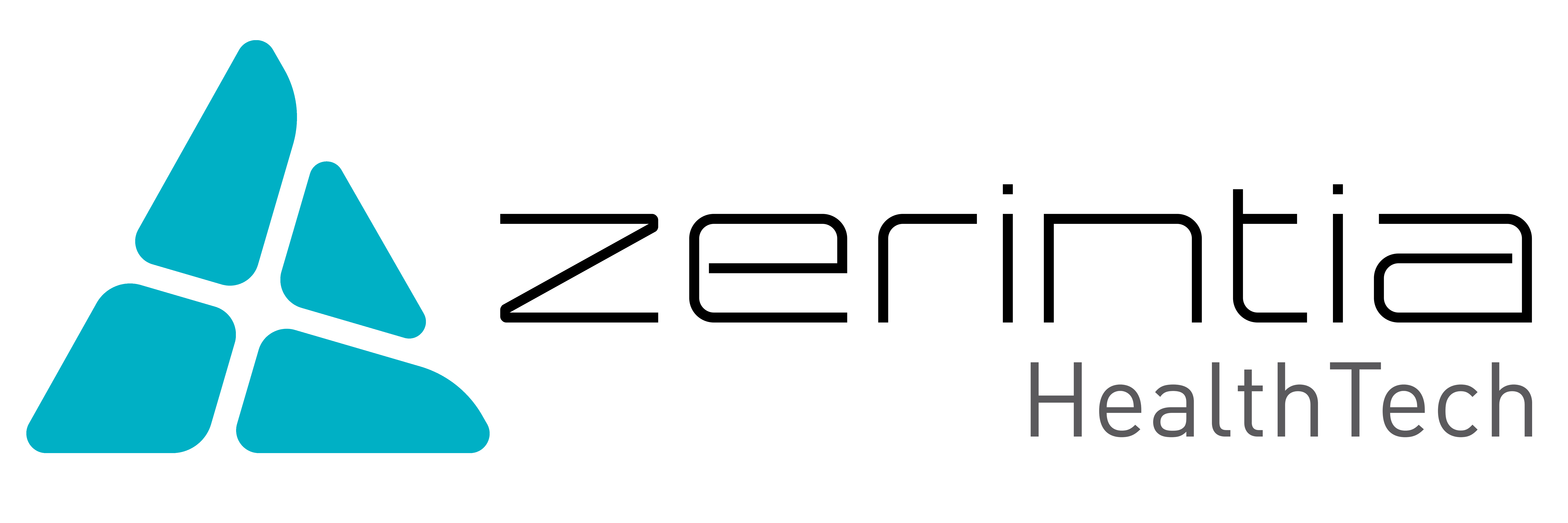The medical team at Vall d’Hebron Hospital has successfully performed a fetoscopic surgery for the correction of myelomeningocele, a pioneering procedure made possible thanks to the 4RemoteHealth platform from Zerintia HealthTech. This milestone not only represents a significant advancement in fetal surgery but also underscores the importance of real-time collaboration among specialists worldwide.
Advanced Technology for Fetal Surgery
The medical teams from the Pediatric Surgery, Nursing, Surgery, and Technology units at Vall d’Hebron Hospital relied on Zerintia HealthTech’s 4RemoteHealth platform to carry out this unique fetoscopic surgery.
The surgical intervention was a complete success, thanks to the integration of essential medical devices in the operating room, such as overhead cameras, PTZ cameras, Smart-glasses, fetoscopy, vital sign monitors, and ultrasound. Real-time connections were established with surgeons in different parts of the world, including Poland, Colombia, the United Kingdom, and Italy, who provided expert support throughout the entire procedure.
Mielomeningocele: A Condition Requiring Specialized Care
Mielomeningocele is a rare condition affecting 17.8 out of every 100,000 live births. Also known as spina bifida, it is a serious congenital anomaly of the central nervous system and spine. It is a form of neural tube defect that occurs during early embryonic development when the spinal cord and the bony structures of the spine do not form properly.
In normal conditions, the spinal cord and spine close completely during the first month of pregnancy. However, in cases of myelomeningocele, this closure does not occur, resulting in a protrusion on the baby’s back. This protrusion can contain nervous tissue and membranes that cover the spinal cord.
The consequences of this malformation can vary widely, from physical problems to severe disabilities. Symptoms may include paralysis, loss of sensation, urinary and bowel control issues, hydrocephalus (accumulation of fluid in the brain), bone and joint problems, and other medical complications.
The treatment of myelomeningocele often involves surgery to close the opening in the spine and protect the spinal cord. Early intervention and multidisciplinary management involving specialists in neurosurgery, orthopedics, urology, and other fields are essential to provide the best possible quality of life for those affected by this condition.
Various studies, such as the MOMS study (The Management of Myelomeningocele Study), have demonstrated that prenatal repair of neural tube defects can reduce the risk of hydrocephalus and improve motor function at 30 months of age.
4RemoteHealth enables the integration of essential medical devices in the operating room: overhead cameras, PTZ cameras, Smart-glasses, fetoscopy, vital sign monitors, and ultrasound.
The fetoscopic surgery for myelomeningocele conducted at Vall d’Hebron Hospital is an example of how collaboration among medical teams and advanced technology can make a difference in healthcare. This achievement represents a significant step towards a future where fetal surgery continues to enhance the quality of life for patients and provides hope to families facing unique medical challenges.





